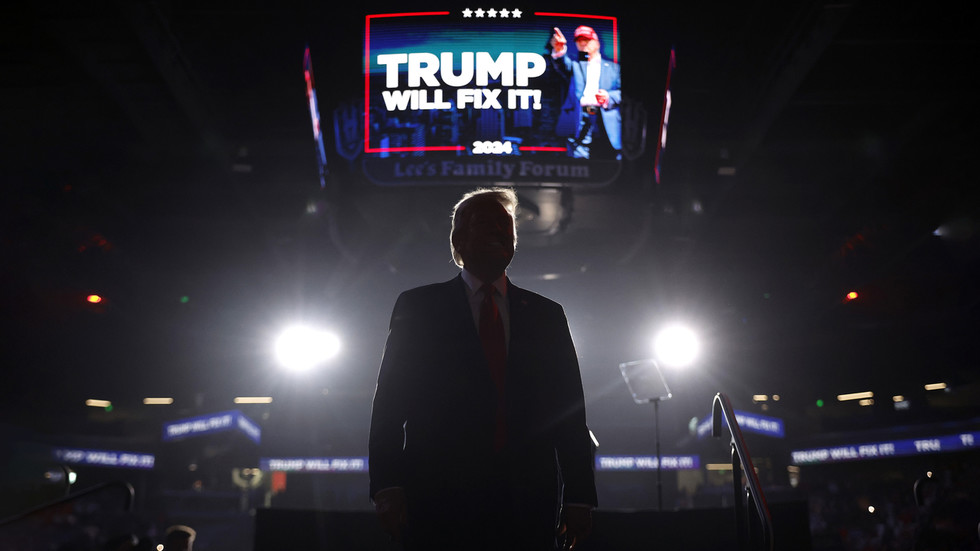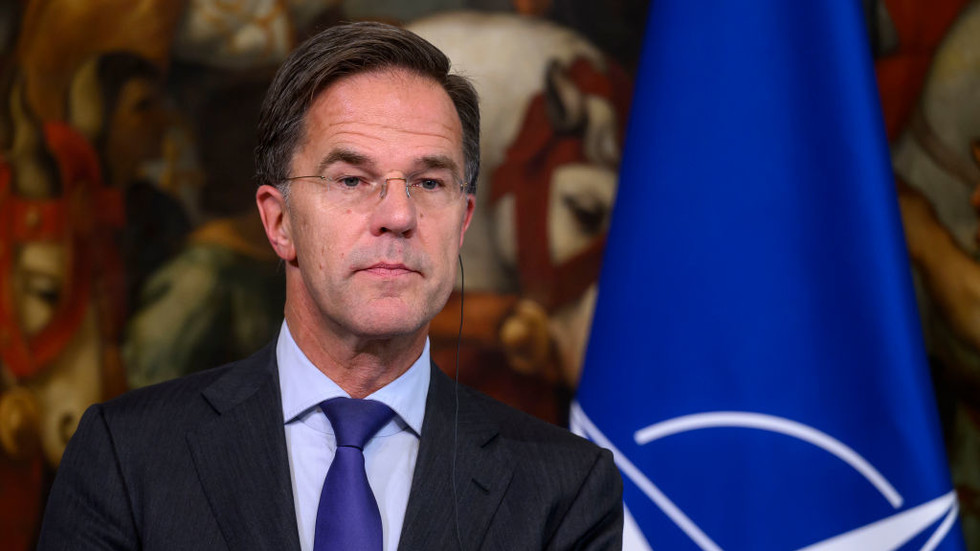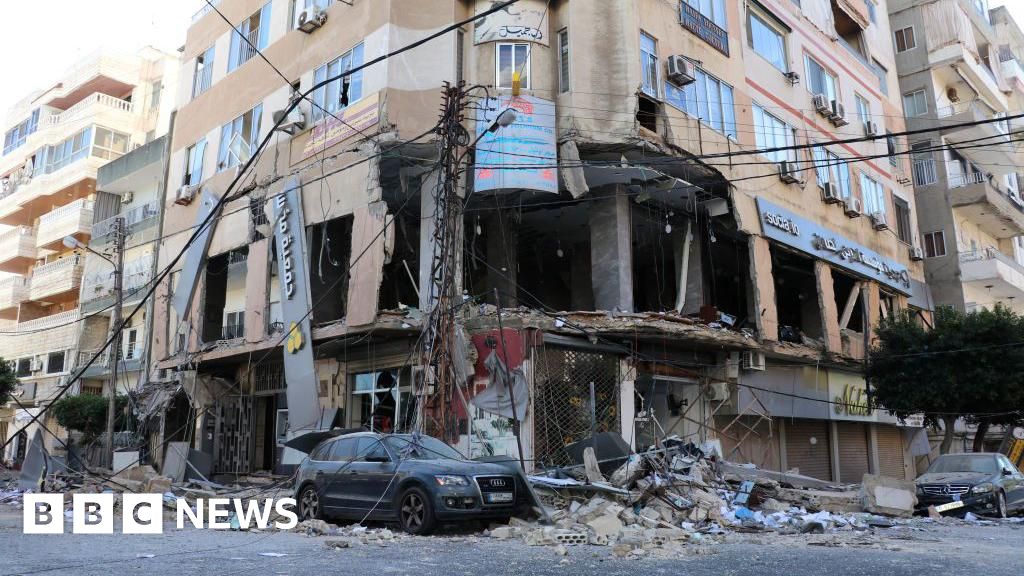Reports that Iranian president Ebrahim Raisi and his foreign minister Hossein Amirabdollahian died in a helicopter crash sent shockwaves around the region.
What happened?
Iranian state TV announced on Monday that Iran's president Ebrahim Raisi and foreign minister Hossein Amirabdollahian were killed in a helicopter crash, following an hours-long search.
The circumstances of the crash - which happened in the foggy Dizmar forest in Iran's East Azerbaijan province - are still unclear.
The pair were returning to the northern city of Tabriz after a trip to Iran's border with Azerbaijan to inaugurate a dam with Azeri President Ilham Aliyev.
Why did search and rescue efforts take so long?
Despite search efforts beginning on Sunday, the pair were only announced dead on Iranian State TV on Monday morning at 8 a.m. ( local time).
President of the Iranian Red Crescent Society, Pir-Hossein Koulivand, told the IRNA news agency that the 40 ground teams were impeded by "challenging weather conditions", including mountainous terrain and heavy fog.
Koulivand added that drone searches were impossible due to bad weather.
Who will take over?
Under the Iranian constitution, if the president dies the country's first vice president- Mohammad Mokhber - takes over as temporary president. A new presidential election will be held within 50 days.
68-year-old Mokhber is a former officer in the Islamic Revolutionary Guard Corps and like Raisi is seen as close to the Iranian Supreme Leader Ali Khamenei. He will likely not change course on foreign and domestic policy.
The president of Iran is the head of the country's executive branch and is elected every four years.
The position controls the government and has the potential to wield significant power. However, observers point out that true power in Iran lies with the Islamic Revolutionary Guard Corps, a branch of the armed forces.
Ali Bagheri Kani will replace foreign minister Hossein Amir-Abdollahian after he died in the crash, according to Iranian state media.
He will be acting minister till election time, holding the seat for a maximum of 50 days, according to the constitution.
How are Iranians reacting?
The death of Raisi and his foreign minister has elicited both mourning and celebration from Iranians around the world.
Supreme leader Khamenei has announced five days of mourning for the country. Iranian state media, meanwhile, has shown images of some people mourning and praying for Raisi.
But a different picture emerges on social media, where narratives and images arent so tightly controlled.
Iranian media in other countries as well as several activists in Iran have expressed joy at the crash which killed the pair, with the Islamic Republic deeply unpopular across broad sections of society.
Iranian Women's Rights Activist Masih Alinejad posted on X, "Do not express condolences to the thousands of victims of Ebrahim Raisi. Instead, express your support for the people of Iran."
Elsewhere, Alinejad dubbed the day "World Helicopter Day!"
What will the impact be?
Raisi was widely seen as one possible successor to Iran's Supreme Leader Ali Khamenei.
His death raises questions about who will now replace Khamenei as he gets older.
So far, the political establishment has indicated to sources that Raisi and Khamenei's son Mojtaba Khamenei are the top contenders for the position.
Raisi's death leaves Mojtaba with a clear path to political rule. His appointment however would leave the Iranian political establishment open to allegations of nepotism from leaders of the 1979 Islamic Revolution, who oppose a political system that resembles the monarchy they overthrew.
The crash occurs at a politically tense juncture as Iran sits at the centre of several geopolitical crises, including its controversial nuclear programme and its involvement in the war between Israel and Hamas.
A change in leadership could potentially see changes in how the president handles interactions with the West and regional powers.
Within Iran, Raisi's death has the potential to give rise to a fresh wave of protests and exacerbate existing societal tensions.
It also offers a power vacuum which the Revolutionary Guard, a powerful branch of the Iranian Armed Forces, may seek to exploit.
Was Israel involved?
So far, the suggestion that Israel was directly involved in the mysterious helicopter crash that killed both Raisi and Amirabdollahian is speculation.
Israeli officials have yet to comment on the incident. However, the theory has gained traction among Iranians considering the animosity between the two countries.
Israel is believed to have carried out various attacks on senior Iranian military officials in the past.
Experts have suggested that Israel attacking a sitting president is unlikely, as it would amount to a direct act of war and illicit an intense response from Iran.
Furthermore, Israel's targets are usually military and nuclear targets, not political assassinations.
Nevertheless, the timing of the crash has the potential to make existing regional tensions worse.

 5 months ago
28
5 months ago
28







